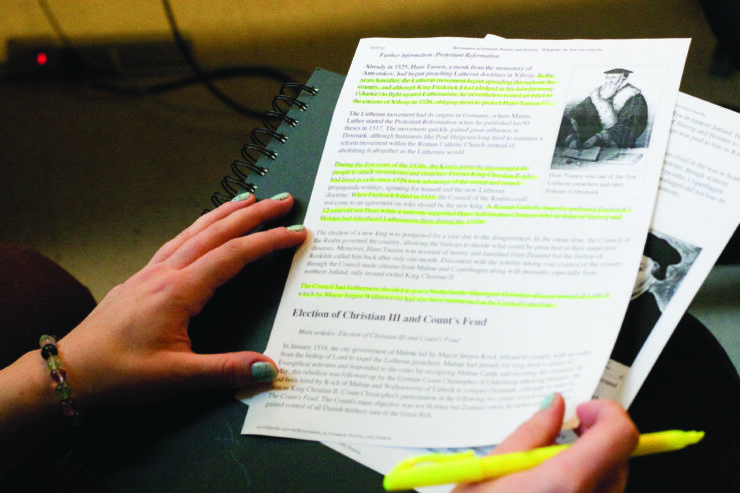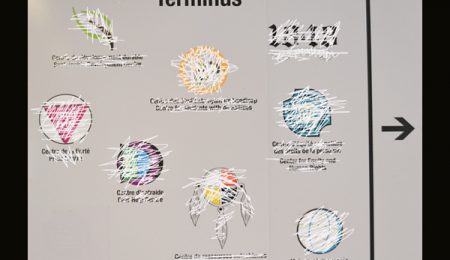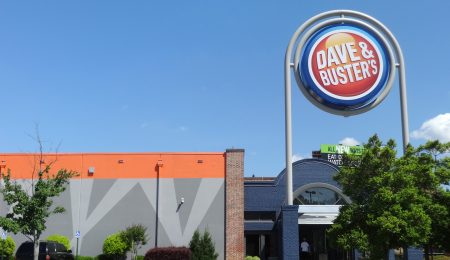It’s the Internet’s encyclopedia and can be valuable to university students
Photo by Tina Wallace
Every month Wikipedia gets 470 million visitors viewing one of its 22 million articles written in 285 different languages. Yet it still fails to impress those in the academic world, many of whom might argue that my statistics were taken from the web-based encyclopedia and therefore are worthless. Despite the progress Wikipedia has made since its launch in 2001, academic hardliners continue to believe the website is useless for serious student research. That’s where they’re wrong.
Although it will always be unwise—some professors might say insane—to quote from Wikipedia, the website continues to be undervalued as a resource. Its numerous advantages over other research tools are in large part ignored, and in classrooms everywhere students are warned to avoid it like the plague if they want to succeed.
Critics of Wikipedia often question the validity of the information contained in its articles because anyone can write and edit them. This is a genuine cause for concern, and many major errors have gone unnoticed in the past, but we shouldn’t ignore the advantages offered by the encyclopedia’s collaborative editorial approach.
Allowing anyone to create, extend, or edit an article means its quality is likely to improve and mature over time. Editors are constantly reviewing articles and purging them of vandalism, false information, and bias. They make recommendations, viewable by the public, noting where information should be referenced and citations used.
Although it may take months or even years, this collaborative approach allows the articles to gain a neutral point of view over time. Contributors may have varying points of view on a topic, but through debate and discussion, a neutral consensus can often be reached. This is something foreign to many print publications, even academic ones.
Another one of Wikipedia’s advantages is the speed at which articles are written. This year’s United States government shutdown ended on Oct. 17. That same day, I viewed the topic’s Wikipedia page, and the breadth of what I found surprised even me.
The article included an in-depth discussion of all the major angles of the topic, including background information, public opinion, the shutdown’s effects on domestic and foreign policy, and a timeline of events. With its 223 footnotes citing major publications, how can the article be deemed anything less than academic?
I wonder how the event will be covered in print encyclopedias, which often don’t include citations, when they are finally published five years down the road. Any possible kinks in the Wikipedia article will likely be sorted out long before then.
The remarkable speed at which articles are created online has many advantages for young researchers. If an important medical discovery is made today, chances are it will be mentioned on Wikipedia tomorrow. And aren’t we the ones being told to use the most recent information out there?
I’m not suggesting you fully trust everything you find on the website, but Wikipedia entries can serve as a good introduction to topics and even direct students to more resources while they are in the preliminary stages of research.
That’s something even the most hardcore academics shouldn’t be against.




